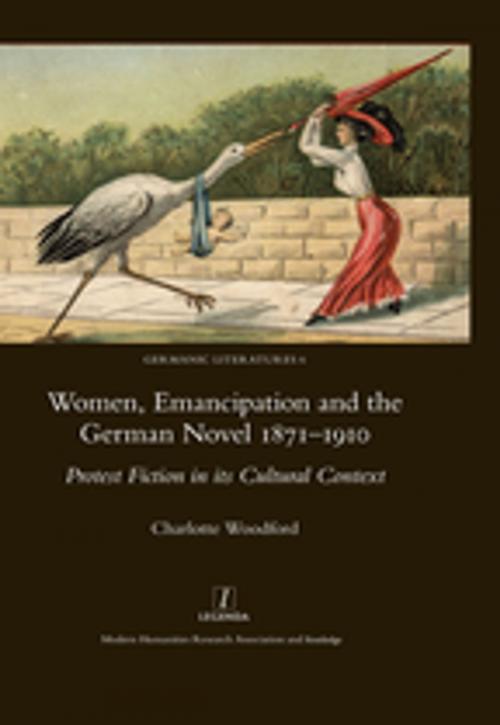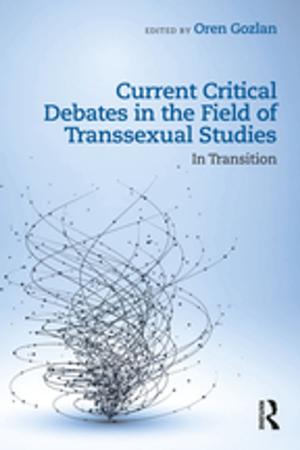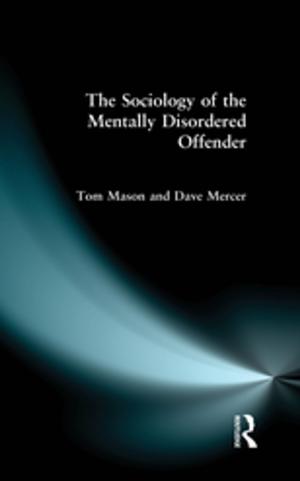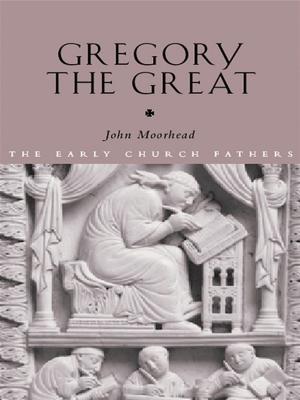Women, Emancipation and the German Novel 1871-1910
Protest Fiction in its Cultural Context
Fiction & Literature, Literary Theory & Criticism| Author: | Charlotte Woodford | ISBN: | 9781351191296 |
| Publisher: | Taylor and Francis | Publication: | December 2, 2017 |
| Imprint: | Routledge | Language: | English |
| Author: | Charlotte Woodford |
| ISBN: | 9781351191296 |
| Publisher: | Taylor and Francis |
| Publication: | December 2, 2017 |
| Imprint: | Routledge |
| Language: | English |
"In novels written at the end of the long nineteenth century, women in Germany and Austria engaged with some of the most pressing social questions of the modern age. Charlotte Woodford analyses a wide range of such works, many of them largely forgotten, in the context of the contemporary cultural discourses that informed their creation, such as writings on pacifism and socialism, prostitution, birth control and sexually transmitted diseases. Women's experience of contemporary medicine as patients and doctors is a fascinating theme, treated here by several authors. Through a close reading of works by Marie von Ebner-Eschenbach, Minna Kautsky, Gabriele Reuter, Helene Bohlau, Ilse Frapan, Hedwig Dohm, Lou Andreas-Salome, and others, this study shows how writers' determination to validate women's experience of the problems of modernity informed the aesthetic development of the novel by women."
"In novels written at the end of the long nineteenth century, women in Germany and Austria engaged with some of the most pressing social questions of the modern age. Charlotte Woodford analyses a wide range of such works, many of them largely forgotten, in the context of the contemporary cultural discourses that informed their creation, such as writings on pacifism and socialism, prostitution, birth control and sexually transmitted diseases. Women's experience of contemporary medicine as patients and doctors is a fascinating theme, treated here by several authors. Through a close reading of works by Marie von Ebner-Eschenbach, Minna Kautsky, Gabriele Reuter, Helene Bohlau, Ilse Frapan, Hedwig Dohm, Lou Andreas-Salome, and others, this study shows how writers' determination to validate women's experience of the problems of modernity informed the aesthetic development of the novel by women."















